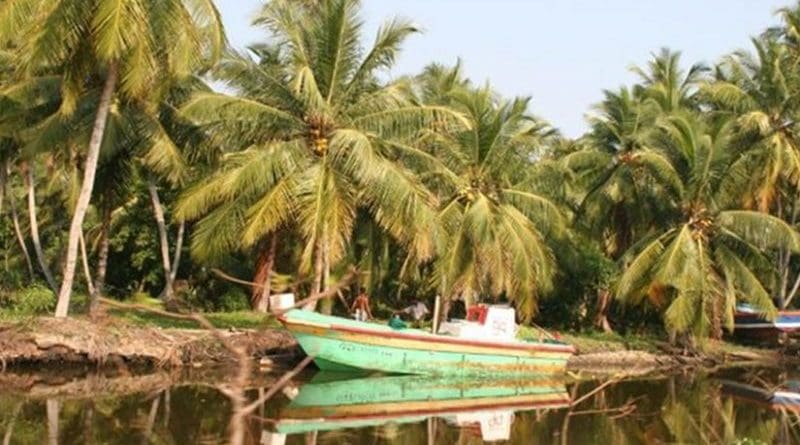Sri Lanka Feeling Effects Of EU Fishing Ban
By MISNA
Deep-sea fishermen and fishing communities are feeling the economic effects of a European Union ban on fish caught by Sri Lankan-flagged vessels. The EU began enforcing the ban in January after blacklisting Sri Lanka for failing to combat illegal fishing.
The EU in fact accuses Sri Lanka of allowing ships to fish the Indian Ocean without marine satellite equipment, making it difficult to track their movements and therefore control illegal fishing. However, in commenting the situation to the media Father S.N. Shelton Dias said it was larger foreign-owned boats using sophisticated equipment that were violating EU rules, not Sri-Lanka’s fishermen, who often rely on small boats with old-fashioned nets and know strategies to fish while protecting the ecosystem.
W.A. Sunil Fernando, president of the fisherman’s cooperative in Chilaw, a large city along the north-western coast, also said that fishermen didn’t know about the ban until a few months before it went into effect, leaving them an inadequate amount of time to lobby the government or to defend themselves.
The fishing boats provide jobs for about 26,000 families in Chilaw. However, the figure doubles considering the network of satellite jobs needed to service the industry, with security guards, net weavers, ice suppliers etc. “When the fishing industry profits are down, the ripples are felt across the region”, said Fernando.
A government source said in late July that Sri Lanka, which exported a significant amount of tuna and swordfish to EU countries, has suffered a loss in revenue of $75 million since January.
Prime Minister Ranil Wickramasinghe said he expects the country to be in compliance with EU regulations by the end of 2015. The government is installing monitoring equipment on 1,500 boats free of charge and establishing a center to track the movements of ships that have the monitoring device installed.

